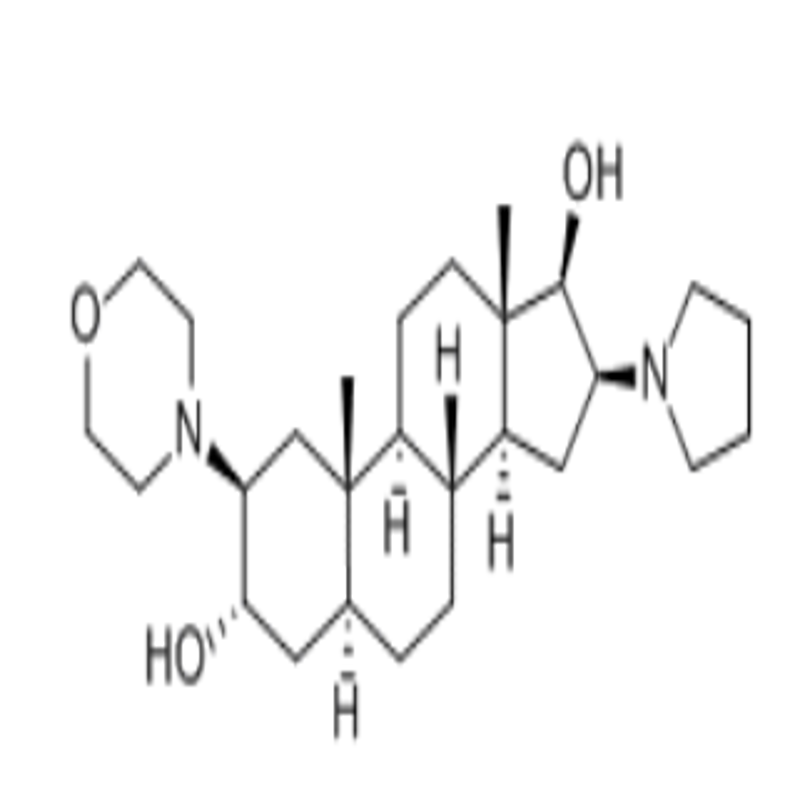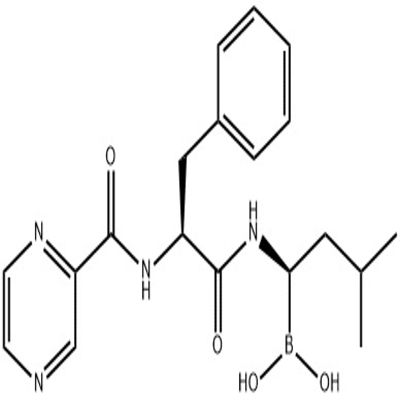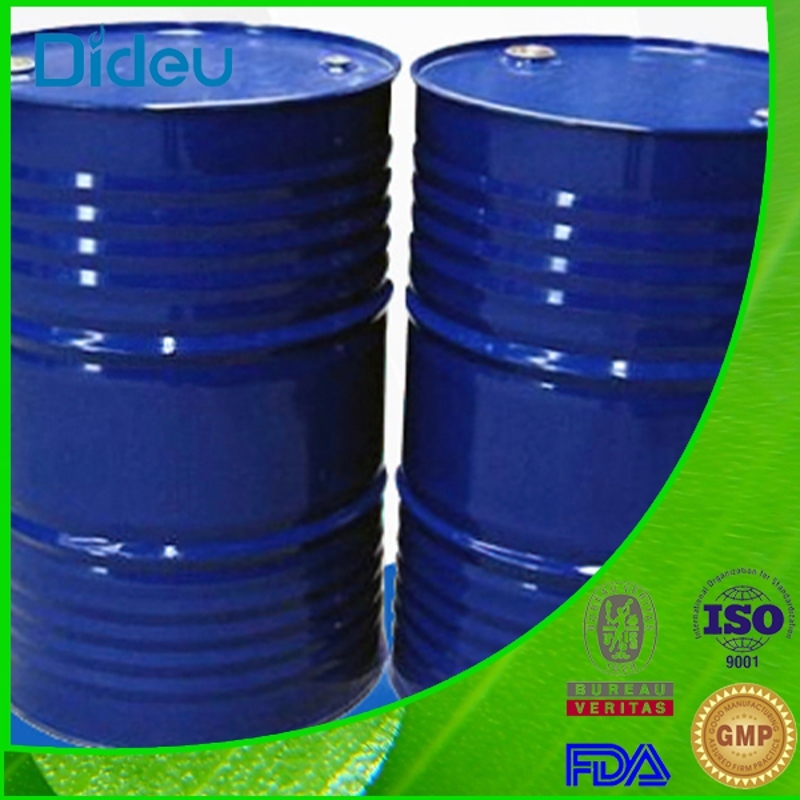-
Categories
-
Pharmaceutical Intermediates
-
Active Pharmaceutical Ingredients
-
Food Additives
- Industrial Coatings
- Agrochemicals
- Dyes and Pigments
- Surfactant
- Flavors and Fragrances
- Chemical Reagents
- Catalyst and Auxiliary
- Natural Products
- Inorganic Chemistry
-
Organic Chemistry
-
Biochemical Engineering
- Analytical Chemistry
-
Cosmetic Ingredient
- Water Treatment Chemical
-
Pharmaceutical Intermediates
Promotion
ECHEMI Mall
Wholesale
Weekly Price
Exhibition
News
-
Trade Service
Acephylline is a synthetic chemical compound commonly used in the chemical industry.
It is a colorless, water-soluble liquid with a characteristic pungent odor.
Acephylline is primarily used as a solvent and as an intermediate in the production of various chemicals.
Safety Precautions in Handling Acephylline:
- Personal Protective Equipment (PPE): It is essential to wear appropriate PPE such as gloves, safety glasses, and lab coats while handling acephylline to prevent skin contact and inhalation of vapors.
- Storage: Acephylline should be stored in a cool, dry place away from sources of ignition or heat.
It should be stored in a well-ventilated area to prevent the build-up of vapors. - Handling: Acephylline should be handled with care to prevent spills or leaks.
In case of a spill, it should be cleaned up immediately using absorbent materials such as sand or earth. - Exposure Limits: The recommended exposure limit for acephylline is 1000ppm (parts per million) for an 8-hour workday.
Exposure above this limit can cause irritation to the eyes, nose, and throat, and can also cause headaches and dizziness. - Emergency Response: In case of an emergency, such as a spill or leak, it is important to have an emergency response plan in place.
This plan should include procedures for evacuating the area, providing first aid to affected individuals, and notifying emergency services if necessary.
Acephylline can be harmful if ingested, inhaled, or if it comes into contact with the skin.
Prolonged exposure to high concentrations of acephylline can cause skin irritation, and may cause respiratory, gastrointestinal, and liver problems.
In severe cases, it may cause death.
It is important to always follow safety procedures and guidelines when handling acephylline to prevent accidents and ensure the safety of employees.
These guidelines should be reviewed regularly and updated as necessary to reflect changes in technology, industry practices, or new health and safety information.
In conclusion, acephylline is a chemical compound commonly used in the chemical industry.
It is essential to handle it with care and follow safety precautions to prevent accidents and ensure the safety of employees.
By following proper handling procedures, appropriate personal protective equipment, storage and emergency response plans, and exposure limits, the risks associated with acephylline can be minimized, and the safety of workers can be ensured.







